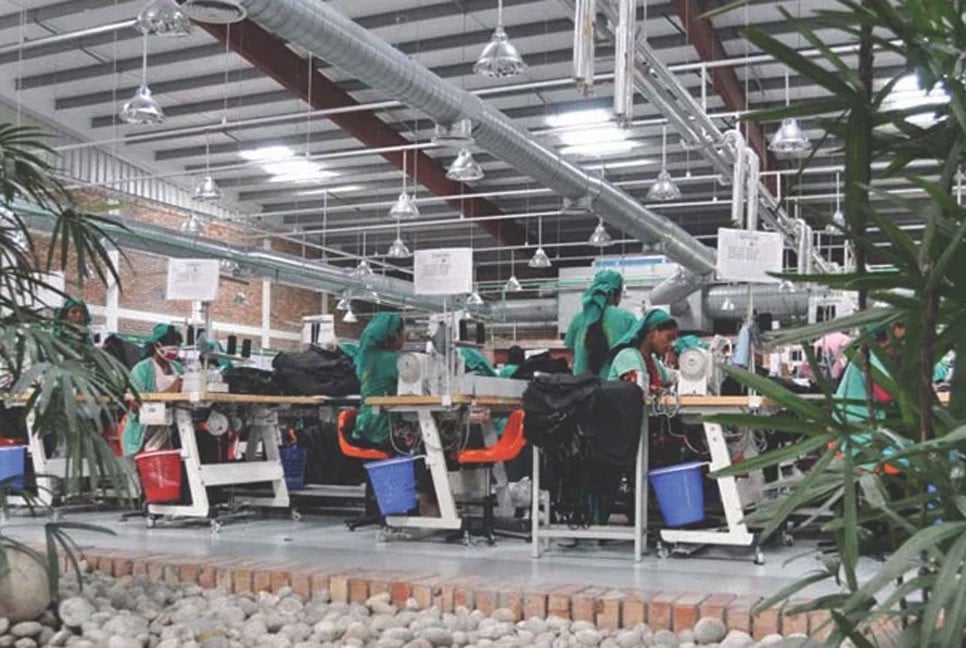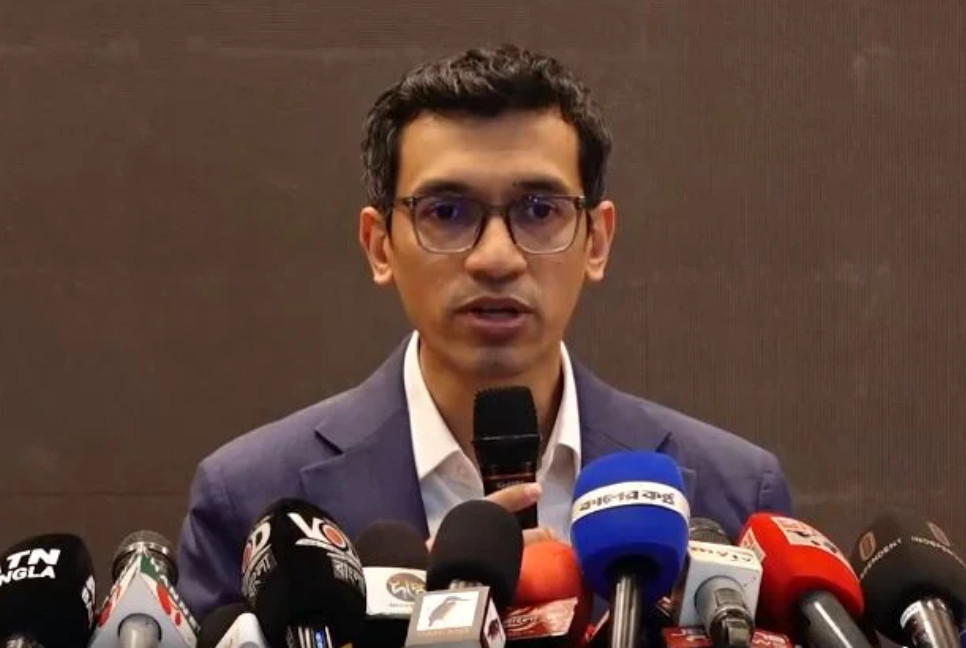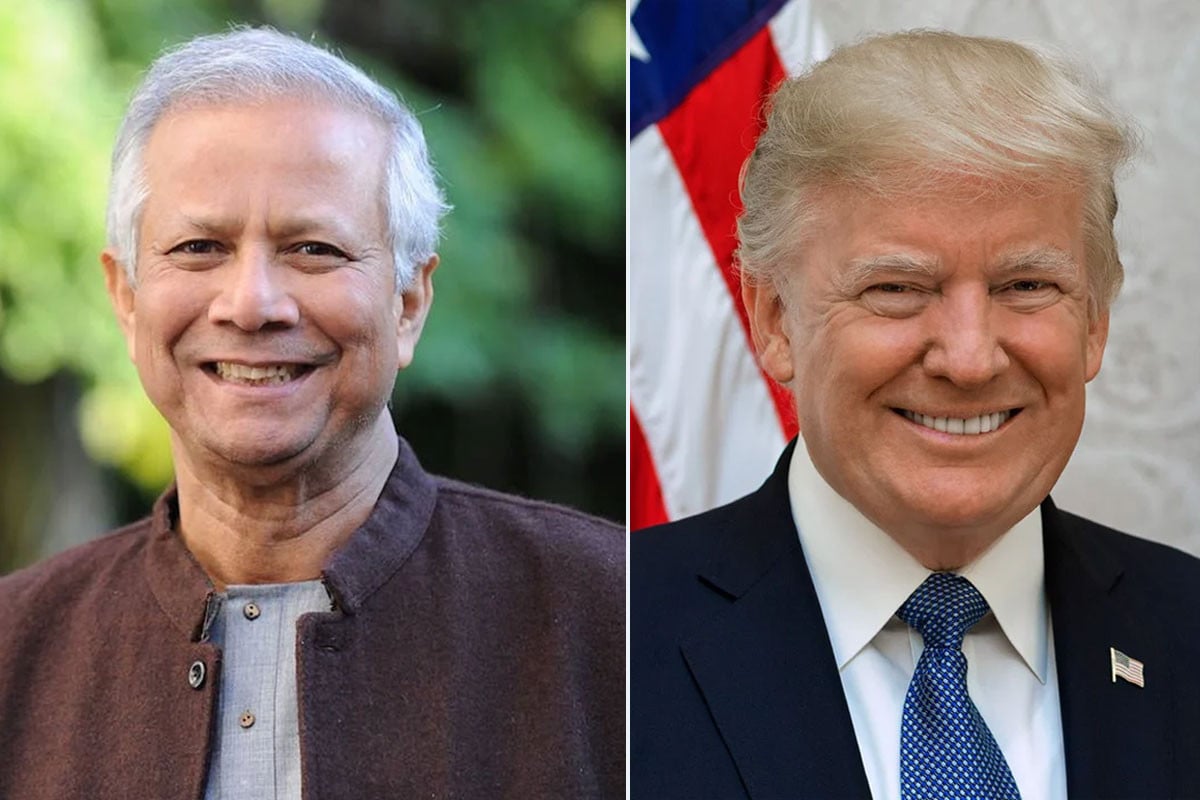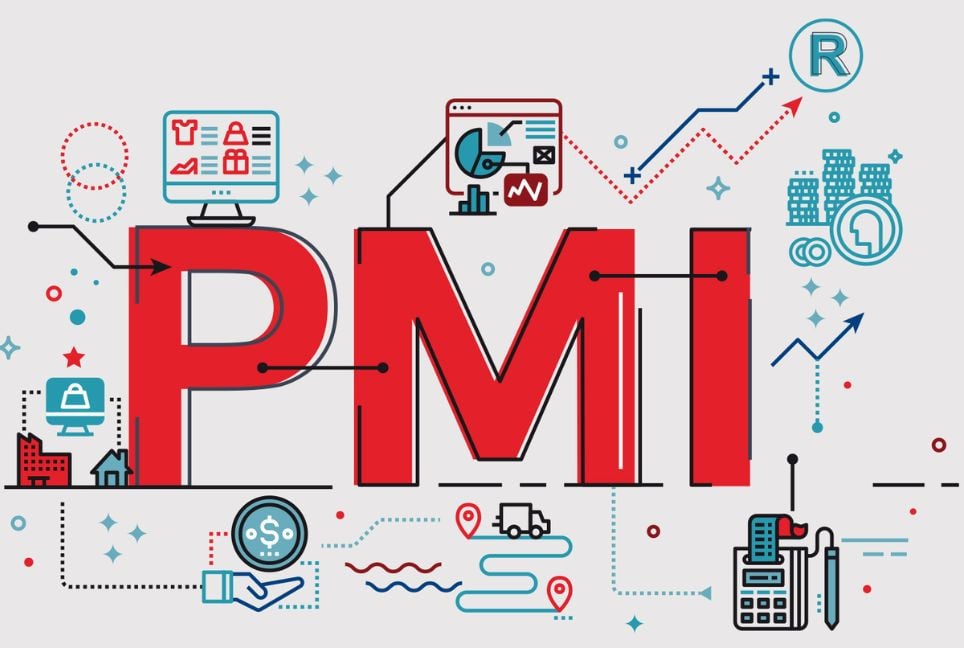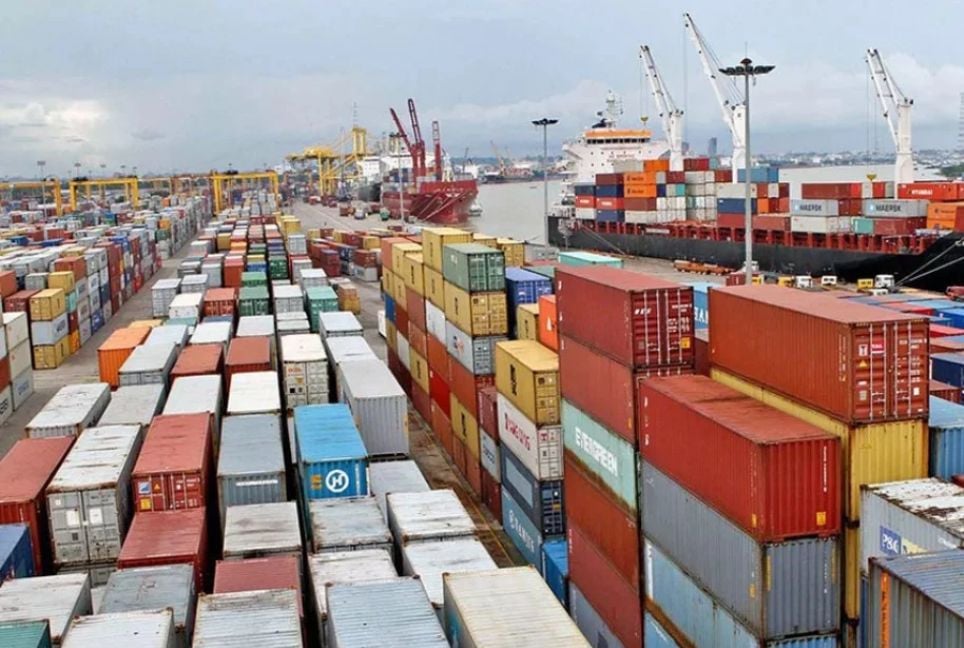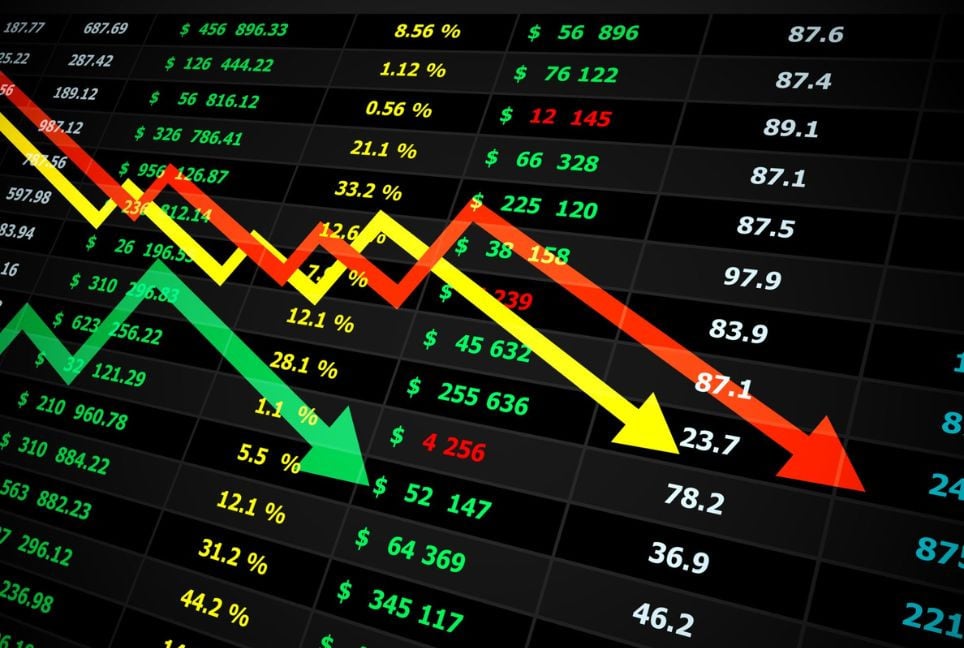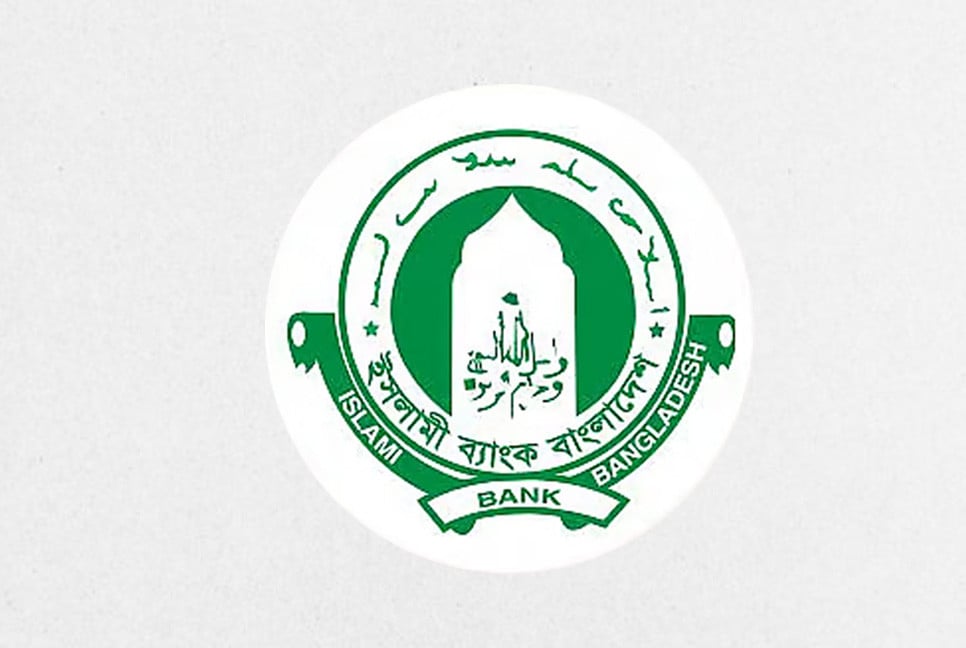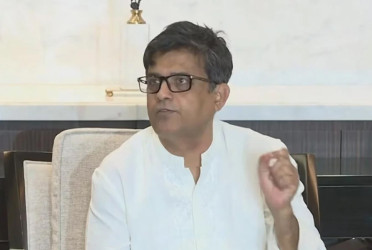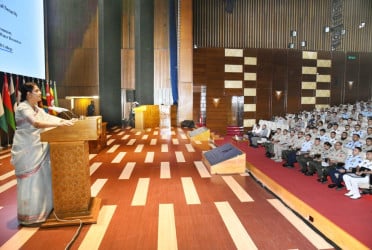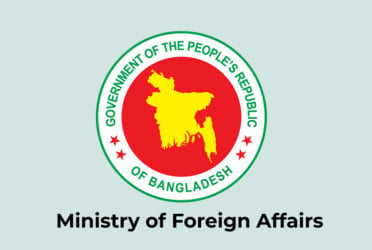With a growing number of factory closures, Bangladesh's economic outlook is becoming increasingly uncertain; also stagnant investment is signaling a broader crisis. Private sector credit has hit a 42-month low, while rising interest rates and a faltering business environment have dampened both domestic and foreign investments. Analysts warn that these trends will likely lead to higher unemployment, reduced tax revenue, and a prolonged slowdown in economic growth.
Over the past six months, more than 100 garment factories have ceased operations, alongside the closure of 10 textile mills. The third quarter of 2024 alone saw 83 companies shut down entirely, affecting a range of industries including cement, steel, and paper. According to industry sources, these closures are a result of multiple interconnected factors, including political instability, market volatility, rising interest rates, and challenges related to the opening of letters of credit (LC). Inadequate raw materials, labor unrest, and production inefficiencies have further exacerbated the situation. This has led to a widespread lack of investor confidence, with many entrepreneurs hesitant to make new investment decisions.
One of the most significant recent closures was that of Kaya Group, which announced the permanent shutdown of four factories on January 2. This followed the closure of 24 factories by two large industrial groups in December. In addition to these closures, a significant number of businesses halted operations after political changes on August 5, 2024. The situation has sparked concern, with industry leaders fearing long-term damage to the country’s industrial base.
The latest data from Bangladesh Bank paints a worrying picture for the economy. Private sector credit growth, a key indicator of economic activity, fell to 7.66 percent in November 2024, down from 8.30 percent in October. This represents a shortfall of 2.14 percentage points from the central bank’s target of 9.80 percent for the first half of the fiscal year 2024-25. This is the lowest growth rate seen since May 2021, during the peak of the COVID-19 pandemic. Since the political unrest that began in July and August, the decline in credit growth has been steady. In July, private sector credit growth stood at 10.13 percent, but by August, it had fallen to 9.86 percent, and further decreased to 9.20 percent by September.
A senior official from a private commercial bank explained that the prevailing uncertainty, compounded by high interest rates, has significantly reduced the demand for loans, especially for capital-intensive projects. With interest rates on loans hovering between 14 to 15 percent, businesses are finding it increasingly difficult to secure affordable financing. As a result, many traders and entrepreneurs are putting off new investments, opting instead to wait out the financial instability. This wait-and-see approach has led to a slowdown in both industrial expansion and capital imports.
According to data from Bangladesh Bank and the Bangladesh Bureau of Statistics, the import of capital goods has fallen sharply. In the first five months of the 2024-25 fiscal year, imports of capital machinery dropped by 21.90 percent, totaling $86 million, down from $111 million during the same period in the previous fiscal year. This reduction in imports signals a decline in industrial activity, as businesses scale back on investments in machinery and equipment needed for production.
Foreign direct investment (FDI) has also taken a hit. In the first five months of the current fiscal year, Bangladesh attracted just $147 million in FDI, an 8.80 percent decrease from the $161 million received during the same period in 2023-24. This decline in foreign investment highlights the growing lack of confidence in the country’s economic stability, further intensifying the challenges faced by domestic industries.
The economic slowdown is also contributing to rising unemployment. In June 2023, unemployment stood at 2.5 million, and by June 2024, that number had risen to 2.64 million. As factories close and investment dries up, job opportunities are becoming increasingly scarce, leaving many workers without stable employment.
Syed Mahbubur Rahman, the former chairman of the Association of Bankers Bangladesh and managing director of Mutual Trust Bank, emphasized that banks are adopting a more cautious approach to lending in light of the economic slowdown. Banks are now requiring more substantial collateral before approving loans to minimize the risk of defaults. This conservative lending policy is reflective of the broader financial caution that has pervaded the economy, as institutions seek to mitigate their exposure to the rising risks of loan delinquency.
In addition to reduced credit growth and declining investments, Bangladesh’s overall import activity has also slowed. The country’s imports, particularly those settled through LCs, decreased by 0.83 percent to $27.94 billion, down from $28.17 billion during the same period last year. This drop reflects the broader downturn in industrial activity, as businesses scale back their purchasing plans in the face of mounting financial pressures.
Translated by Jisan Al Jubair
Bd-pratidin English

